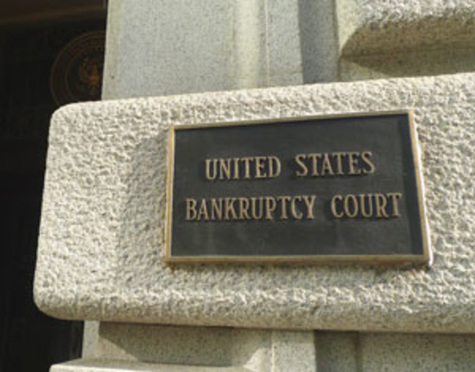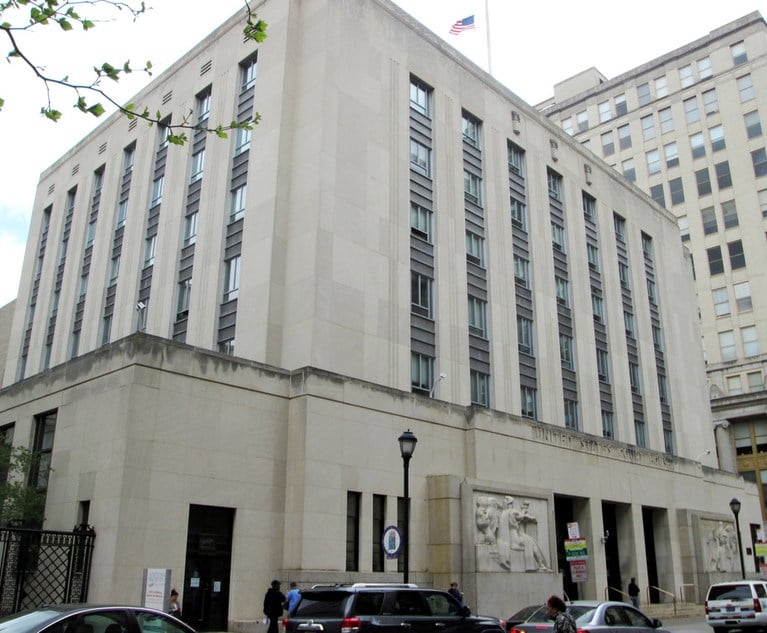The Bankruptcy Code and accompanying Rules of Procedure attempt to create a nationwide legal framework for administering bankruptcy cases. However, to initially determine whether a corporate entity can seek bankruptcy protection, courts must also consider the state law where it is chartered to determine who possesses the requisite authority to file on a debtor’s behalf. To further complicate matters, the bankruptcy court must remain mindful of well-established federal public policy prohibiting an entity from waiving its right to seek bankruptcy relief. The U.S. Court of Appeals for the Fifth Circuit was recently called upon to consider and possibly resolve the tension between federal policy and state corporate law in a case which involved “blocking” or “golden share” provisions contained within a debtor’s corporate charter, which were apparently designed to enable a shareholder to prevent a bankruptcy filing, see In re Franchise Services of North America, 891 F.3d 198 (5th Cir. 2018).
In Franchise Services, the Fifth Circuit declined the request for it to broadly opine on the legality of “blocking provisions” and “golden shares” on the grounds that advisory opinions are impermissible. However, its analysis confirmed that unless a provision violates the federal public policy prohibiting an outright pre-petition waiver by the debtor of its right to seek bankruptcy relief, it must turn to state law to determine what persons or entities have authority to file the bankruptcy petition on its behalf. Based on the facts before it, the Fifth Circuit held that federal bankruptcy law does not prevent a bona fide equity holder from exercising its voting rights to prevent the corporation from filing a voluntary bankruptcy petition solely because it also holds an unsecured debt owed by the corporation and owes no fiduciary duty to the corporation or its fellow shareholders.


 U.S. Bankruptcy Court.
U.S. Bankruptcy Court.




